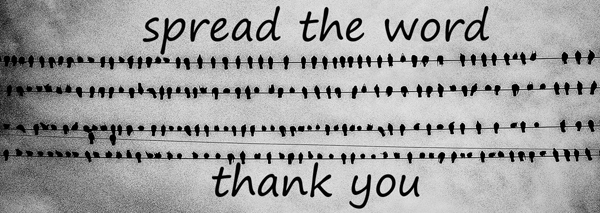
| WELCOME |
 |

comments, ephemera, speculation, etc. (protected political speech and personal opinion) 2020- 2020-12-15 c MAN COUNTERS FATE "Among the lessons he took away from this experience was the futility of violent agitation as a means of bringing about social progress for black Americans." Emancipation by Example
Born in obscurity, poverty, and slavery, Booker T. Washington became the first widely recognized leader of black Americans. There is no question that there are injustices in the world, and that all of us, over our lifetimes, should hope to leave the world a better place than it would otherwise have been without us — no matter how small that difference may be. But how best to accomplish this? Through violent and bloody revolution? Or through patiently doing our duty in all aspects of our lives to the best of our abilities? Booker T. Washington, the subject of this essay, chose the latter path, and through his hard work, persistence, and genius, he not only rose “up from slavery” in the wake of the Civil War, he also became an emancipator by example, one who left the world a far better place than it otherwise would have been. His way for achieving social justice is not the way of today’s Black Lives Matter revolutionaries who never experienced the slavery or racial discrimination that Booker T. Washington did. But it is the correct way, both during his time and today. This article originally appeared in the November 22, 1999 issue of The New American. Will Grigg, who passed away in 2017, was a senior editor of The New American from 1995-2006. Although his most significant accomplishments took place in the late 19th century, Booker Taliaferro Washington (who died in 1915) committed his public life to an issue that has been particularly nettlesome in the 20th century — the question of race relations. Born into slavery on April 5, 1856 on the plantation of James Burroughs near Hale’s Ford, Virginia, Washington’s origins were so obscure that he knew neither his specific date of birth, nor the identity of his father. On one occasion, alluding to the skimpy knowledge of his origins, Washington wryly noted that he “felt assured that his birth was a certainty,” but could attest with reasonable certainty of little else in his background. Well into adulthood, Washington was unsure even of the name with which he was born. “From the time when I could remember anything, I had simply been called ‘Booker,’” recalled Washington in his 1901 memoir Up From Slavery. “Before going to school it had never occurred to me that it was needful or appropriate to have an additional name. When I heard the school-roll called, I noticed that all of the children had at least two names, and some of them indulged in what seemed to me the extravagance of having three.” Knowing that a surname would be demanded of him, the youngster quickly improvised: When the teacher “asked me what my full name was, I calmly told him, ‘Booker Washington’ as if I had been called by that name all my life; and by that name I have since been known.” (read more) ______________________ Permission is hereby granted to any and all to copy and paste any entry on this page and convey it electronically along with its URL, ______________________ |
...
News and facts for
those sick and tired of the National Propaganda Radio
version of reality.
|
|||||
|

| If
you let them redefine words, they will control
language. If you let them control language, they will control thoughts. If you let them control thoughts, they will control you. They will own you. |
| © 2020 - thenotimes.com - All Rights Reserved |